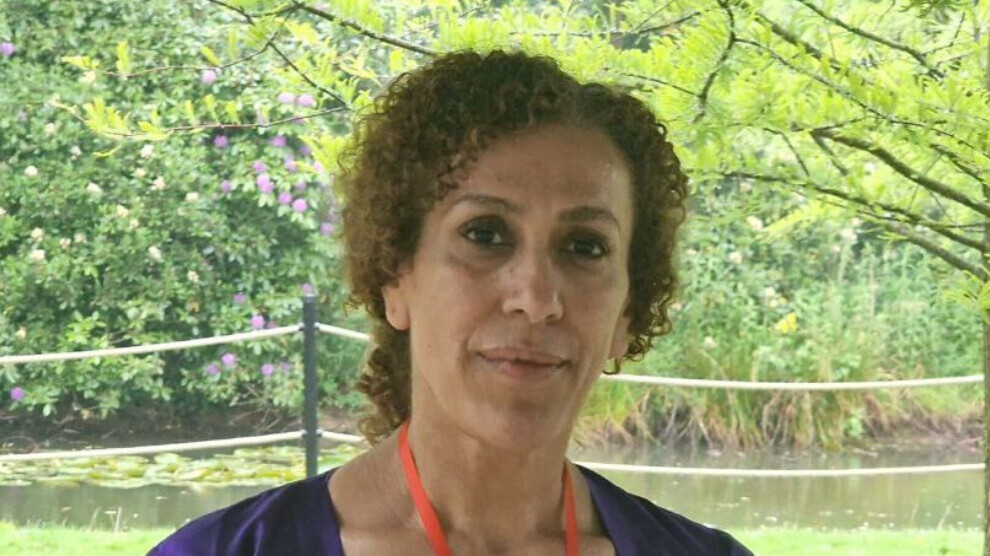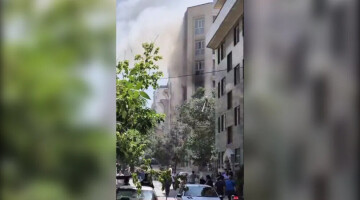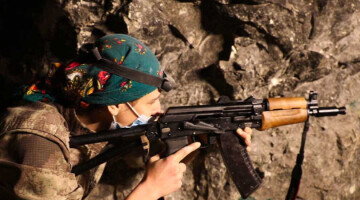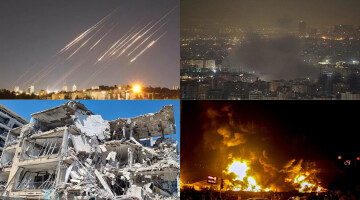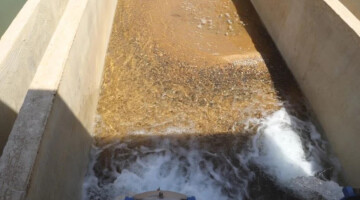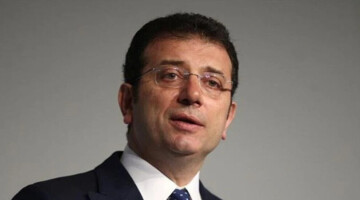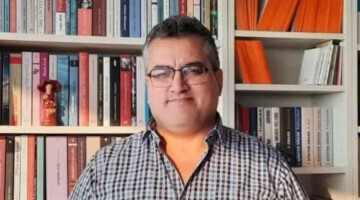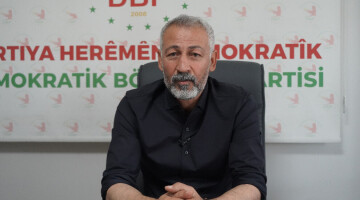Esreen Ghadri said that Kurdish parties in Rojhilat (Eastern Kurdistan) should not take sides in the current conflict and should instead follow a strategy that solely prioritizes the interests of the people. “Kurds must abandon division; freedom is not possible through reconciliation with the regime or by falling into the traps of foreign powers,” she said.
As the Middle East is drawn into a new geopolitical storm, the clashes that have erupted between Iran and Israel are once again shaking the regional balance to its core. Evaluating the background of this process, Kurdish politician and KNK (Kurdistan National Congress) member in the U.S., Esreen Ghadri, said that the Iranian regime is reaching its final stage—a development that is not spontaneous, but rather the result of a step-by-step plan implemented by Western powers.
Ghadri pointed out that U.S. President Trump abruptly left the G7 summit during the height of the conflict to head to the crisis center at the White House, which she described as a clear indication that the U.S. was preparing strong diplomatic and military steps against Iran. She emphasized that following this move, the deployment of B-52 bombers to the region was announced, clearly showing that the U.S., France, and the U.K. were accelerating their preparations on both the ground and on the diplomatic front to force Iran into submission.
Ghadri noted that these powers do not want the complete collapse of the Iranian regime. “Western powers do not want a democratic Iran. The West wants an Iran that can be kept under control—militarily weak, politically dependent, and economically open to foreign investments, particularly in the energy and infrastructure sectors,” she said.
‘Russia and China won’t intervene directly’
Esreen Ghadri predicts that Russia and China, countries with the potential to shift the course of the Israel-Iran war, will not intervene militarily in the process. She emphasized that these two nations favor an orderly and guided restructuring over the current chaos, and continued: “They don't want justice, they want influence. Energy, arms, and reconstruction deals in Iran show that Russia and China do not want the complete collapse of the regime. Rather, they believe they can benefit from a weakened but standing structure.”
Ghadri also suggested that both actors are indirectly involved through secret deals, stating: “Issues like tariff reductions for China and negotiations with Russia over Ukraine are part of the silent cooperation around the Iran file. They won’t participate directly in the Israel-Iran war, but they will certainly be involved behind closed doors.”
‘Energy wars will be decisive’
Ghadri pointed out that the developments signal a global paradigm shift, not just one limited to Iran, saying: “What we’re witnessing is not the collapse of diplomacy, but the collapse of the international order established after World War II, an order that does not serve the interests of regional peoples. A new Cold War is beginning, but this time it will not be defined by ideologies. Instead, it will be shaped by access to energy resources, trade routes, and regional control.”
Highlighting that international law has become merely a ‘cover,’ she continued: “Today’s imperialists don’t wear boots, they wear suits. They are redrawing borders, forming new alliances, and shaping future regimes through UN blueprints. Sykes-Picot is back on stage; only the methods and priorities have changed.”
PJAK will defend our people
Ghadri stressed that this is a critical juncture for Kurds in Iran and that the collapse of the Iranian regime places a historic responsibility on Kurdish politics. She said: “PJAK does not need anyone’s permission to defend the people of Rojhilat. PJAK is prepared, politically, militarily, and ideologically, to build a free and democratic future. We know that PJAK will stand by our people in every way.”
She emphasized that other Kurdish political movements must also make efforts to fulfill this historic responsibility. Directly addressing the Kurdistan Democratic Party of Iran (KDP-I) and the Komala movement led by Abdullah Mohtadi, she said: “The collapse or restructuring of the regime is unfolding moment by moment. This is not a symbolic time for Kurdish unity, it is a strategic one. If KDP-I and Komala continue to act disconnected from other Kurdish forces, or worse, if they position themselves based on the approval of external powers—they will be repeating a historical betrayal of the Kurdish people. This poses a risk not only of historical loss but of compromising our future freedom.”

